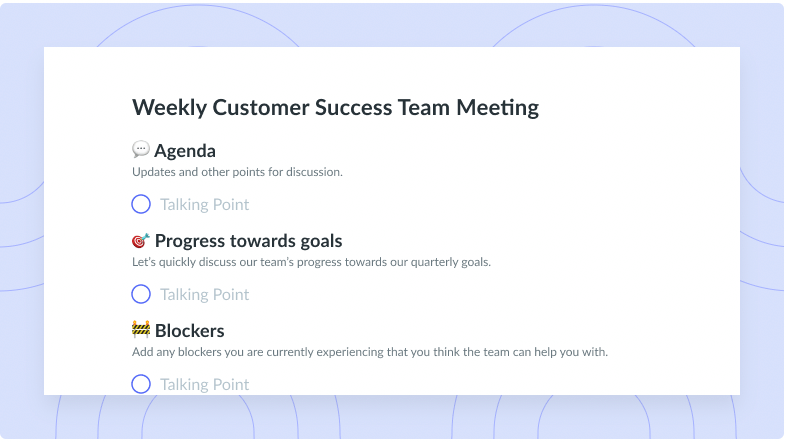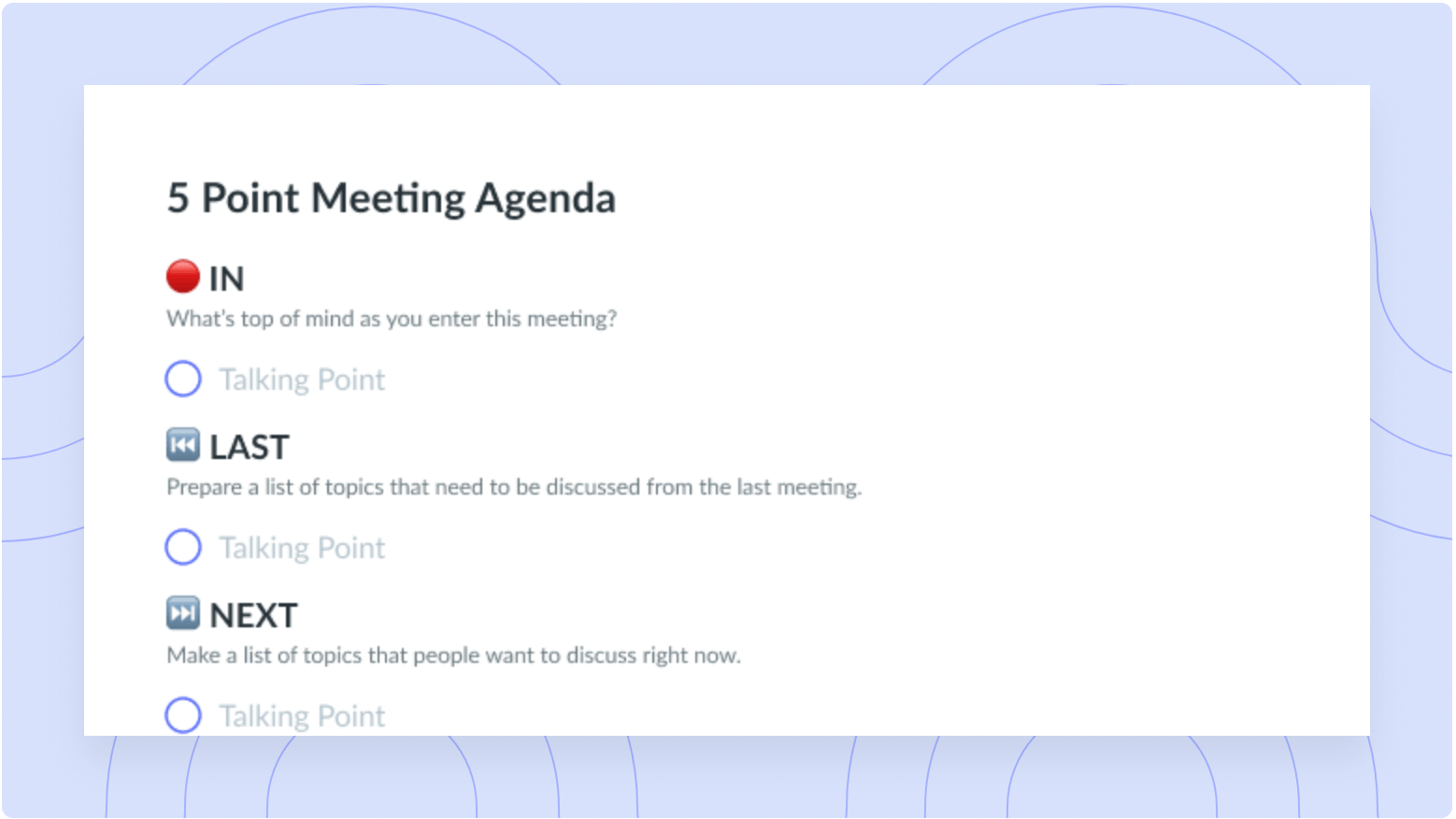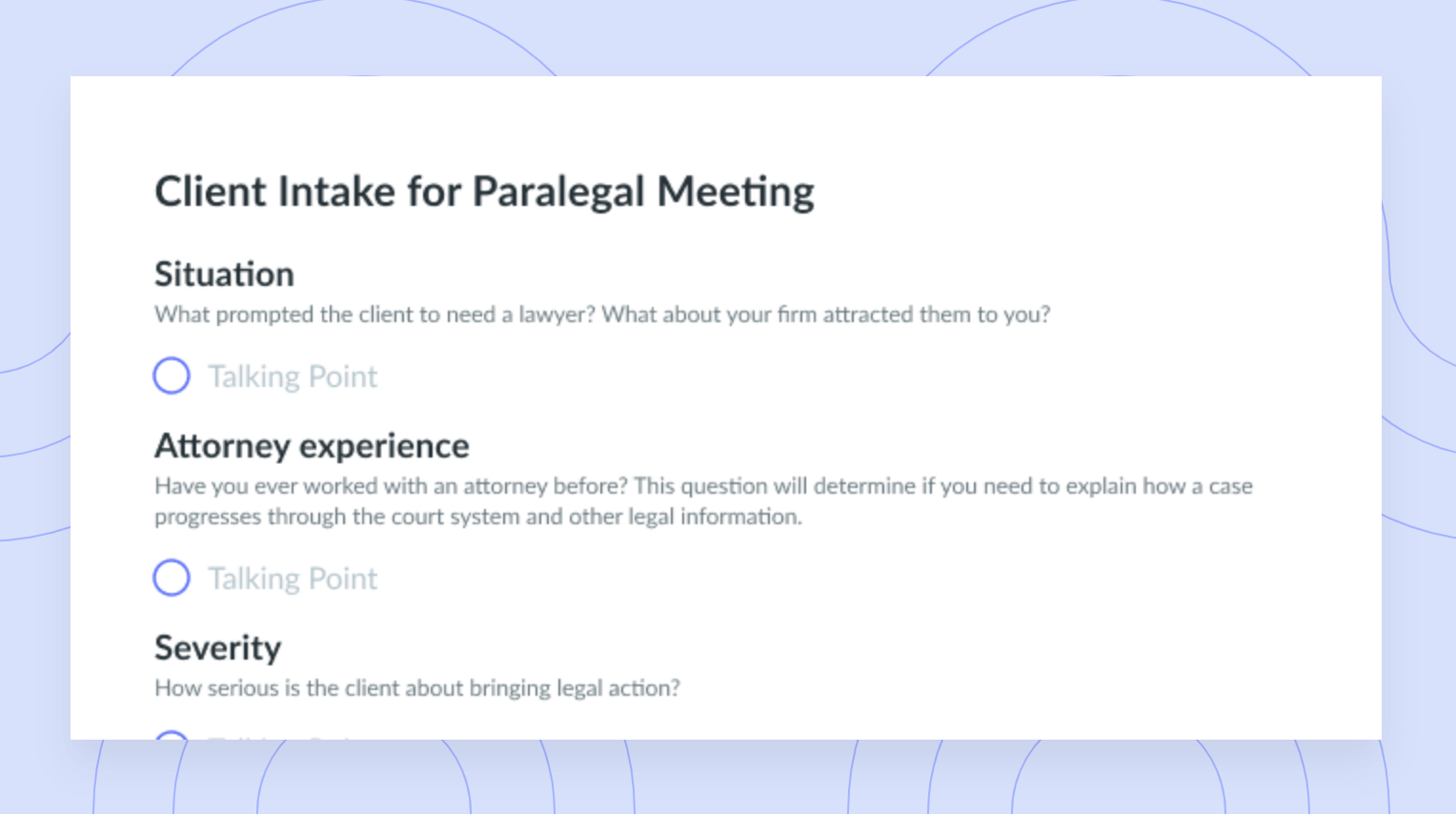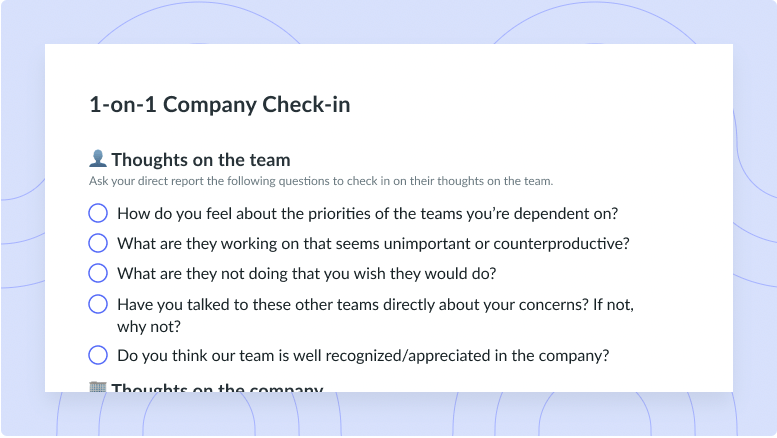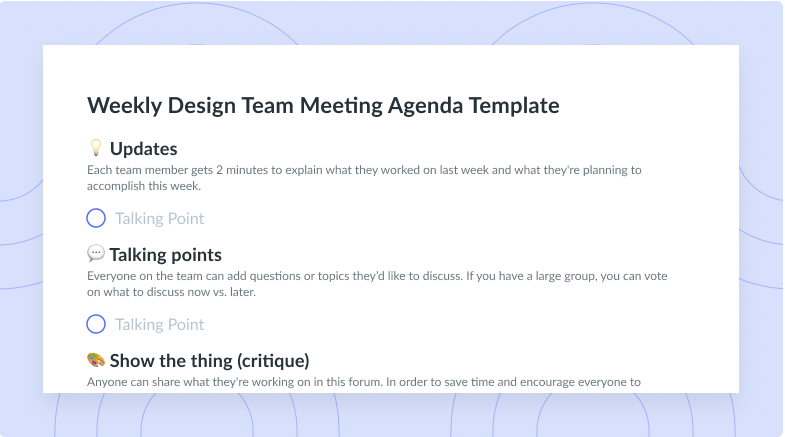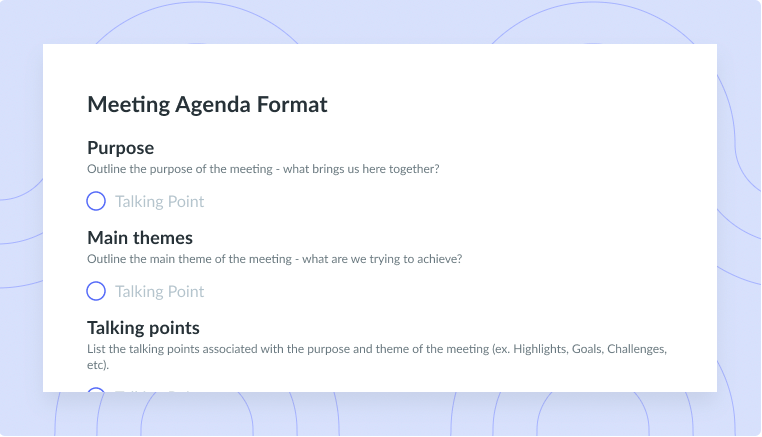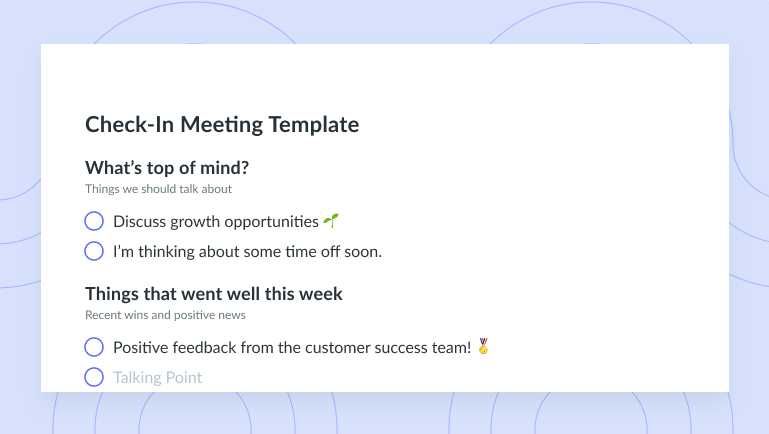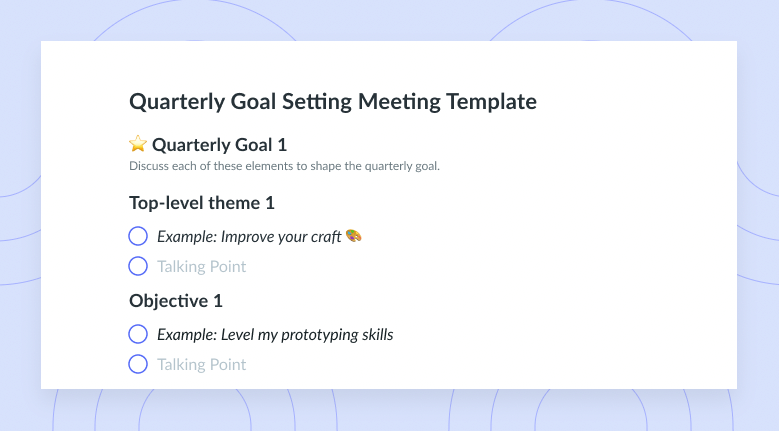6 Approaches for Good Developer Experience (DX)
Developer experience (DX) is essential in the world of software engineering. Learn everything you need to know about it here.
When the primary user of a product is a developer, rather than looking at user experience (UX), the focus becomes the developer experience (DX). The developer experience of using a product is important because good DX tends to mean that developers are happier at work, promote more, and use their product for much longer. Components that have to do with the developer experience are its application programming interfaces (APIs), libs, frameworks, open-source solutions, and documentation.
Many of us who work in tech get a lot of recommendations for new solutions from friends and colleagues. As it turns out, the best recommendations are based on products which have the best DX. This article will cover what developer experience is, the signs of a work culture with good DX, the signs of a culture with bad DX, and 7 ways to create a good developer experience.
- What is developer experience?
- Signs of a culture with good developer experience
- Signs of a culture with bad developer experience
- How to create a good developer experience
What is developer experience?
Developers are important users and their developer experience (DX) while using or working on a product is important. Typically, the developer experience is a mix of both positive and negative aspects of working with a particular product. Because developers are often using products, tools, and frameworks and have a strong background in tech, it’s essential to try to create a positive DX. The level of happiness and satisfaction that employees experience at work directly translates into the success of projects and the accomplishment of organizational goals. Great, long-term software is usually created by happy developers who feel satisfied with their work and don’t feel the urge to look for job opportunities elsewhere.

Build a culture of effective meetings with your engineering team
Level up your engineering meeting habits to boost engagement and productivity with a collaborative meeting agenda. Try a tool like Fellow!
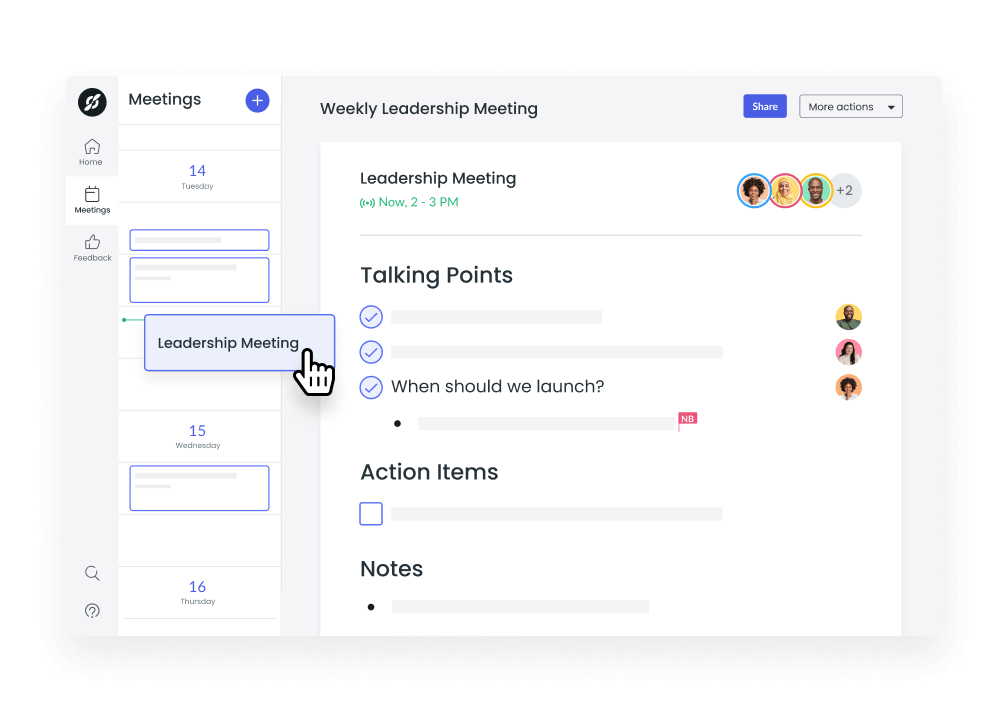
Signs of a culture with good developer experience
- Developers are aware of their impact
- There is a sense of ownership and autonomy
- The team is working towards the overall mission
- The working environment is psychologically safe
- Developers take risks often
1Developers are aware of their impact
A good DX means that developers truly believe their work is meaningful and impactful—they know their work matters and they don’t see their job as solely a means to make money. Good developer experience means that developers feel empowered by the work they implement, knowing that they are providing value to others and really making an impact.
2There is a sense of ownership and autonomy
Each person on the team should feel a certain degree of responsibility in attaining organizational goals. Individuals need to be empowered to make independent decisions and awarded the opportunity to perform how they feel is best in a given situation. A sense of ownership and autonomy means that developers are aware that they’re responsible for the success of the company.
3The team is working towards the overall mission
The team needs to be in good alignment to have a good developer experience. This means that everyone, including the team and the entire company, needs to be collectively working towards the overall mission and have a strong understanding of what the organization’s main goal is and how to reach it.
4The working environment is psychologically safe
Employees need to feel safe, comfortable, and secure at work for there to be a strong DX. This means that the team needs to be open to failure, feedback, and sharing ideas. As such, psychological safety is essential, as is collaboration and the unconditional support of or guidance from other more experienced team members.
5Developers take risks often
A good developer experience means that developers are encouraged to take risks, be bold, and push conventional limits in their work. While risks should be calculated rather than impulsive, these risks are what will set your developers apart from others as innovators.
Signs of a culture with bad developer experience
- Developers play the blame game
- The team is overworked
- Developers fear failure
- There is unhealthy competitiveness
- Ownership is lacking
1Developers play the blame game
If there are team members who are blaming one another for low-quality work or questionable decisions that have been made, you know immediately that you may be dealing with a bad developer experience. Developers should be building each other up, not pointing fingers and evading blame when things go wrong.
2The team is overworked
When people constantly feel overworked and overwhelmed, it’s impossible to create a good DX. Overloading the team will make individuals feel checked out and unmotivated to work towards achieving the team’s goals. Stress and overwhelm quickly turn into dissatisfaction with the job, and being constantly overworked can lead team members to experience developer burnout.
3Developers fear failure
If your developers live in a fear of failure and have no space to try new things, they aren’t going to feel very motivated or satisfied at work. This is especially true if there are toxic threats in place, like being penalized for not meeting a deadline or an objective. This pressure is highly unhealthy.
4There is unhealthy competitiveness
Unhealthy competitiveness ruins opportunities to support your teammates and collaborate or brainstorm with them. It’s important to foster a culture in which employees understand that working together is the only way to achieve success and a good DX.
5Ownership is lacking
It’s important to put in place clear ownership of tasks and responsibilities to evade confusion over who is responsible for what. Clear ownership drives accountability and eliminates confusion that can take away from productivity. Try using Fellow’s action items tool to clearly assign certain tasks to certain individuals to foster accountability!
How to create a good developer experience
- Practice good communication
- Document everything
- Keep emotional costs low
- Be consistent
- Encourage READMEs
- Offer good visibility
1Practice good communication
First, it’s essential for you and your team to practice good communication to create a good developer experience—this means that communication channels need to be set out distinctly so the team is aware of the best way to get in touch with one another to promote productivity and collaboration. You need to focus on the way you speak to your developers, the way you explain things, the way you follow up, and the way you provide feedback. Pay attention to body language as well as tone of voice to ensure you’re being as respectful and clear as possible.
2Document everything
Next, make sure that you’re documenting absolutely everything. It’s a good idea to write your documents as if the person reading them is completely new to the job. This means creating detailed release notes, changelogs, etc. When you’re consistent, you eliminate confusion and allow everyone to work more productively. Make sure that when you and your team are releasing a new version of a product, you clearly explain exactly what is new, if anything was broken, what was fixed, any kinds of risks that may exist, and anything to which your teammates should pay attention.
3Keep emotional costs low
Keep your emotional costs low. Your emotional costs are how much your developers or other employees spend in terms of negative feelings as a result of working situations that cause any kind of discomfort or suffering. For example, when you ask a developer to stay late after working hours, this becomes an investment for you but their overtime comes at an emotional cost for the employee. When you keep emotional costs low, it means that you’re providing your employees with a pleasant work experience. A good developer experience means that you’re actively attempting to make emotional costs as low as possible to promote happiness and job satisfaction.
4Be consistent
Consistency is extremely important for creating a good DX. Be consistent with the language, code, platforms, and tools you use. Ensuring consistency across the board will stop people from making unnecessary mistakes, therefore supporting your team’s productivity and efficiency. Make sure that the expectation is set to be consistent between your team’s different libraries, across different coding languages. Your priority should be to first establish consistency across platforms—for example, your methods should be named similarly across any platforms that you’re using so developers who may need to be integrating multiple languages can work effectively and in a cleaner environment.
5Encourage READMEs
A README file includes a clear description of a project, any installation notes, the contribution guidelines, and any known issues to date. Often a README file is the first item that a visitor sees when they’re viewing your repository. These files typically include important information like what the project is seeking to accomplish, why the project is useful, how users can get started with it, where users can access help with the project, as well as who maintains and contributes to the project. Some of the most organized and effective projects use README files, and they’re certainly something that you should consider implementing.
6Offer good visibility
To establish a strong developer experience, it’s important that you offer good visibility. You want the DX to have a simple interface that clearly highlights important information that developers need to know to do their jobs effectively. Giving developers good visibility of possible issues, consequences, or problematic outcomes shows that clarity is a priority for you and your team. Having good visibility helps to improve the monitoring process, because this highlights which tools will be needed to track and monitor projects, and this visibility will keep track of the application, tool, or platform as it moves to production. When developers aren’t aware of the most up-to-date information, what is being monitored, or what tools are being used, they can’t perform to their best ability, which then affects the final results of any project.
Parting advice
One of your biggest priorities should be for your development team to have a good experience while using a product or platform. By taking the necessary steps to have a good developer experience, you’ll also notice that you and your team will have a productive output. Developers are major players in software engineering, and ensuring their happiness and job satisfaction is essential to retain your top talent and to continue hitting your major business goals. Leverage the developer’s knowledge and technical experience so you can see easier adoption and increase engagement simultaneously.









